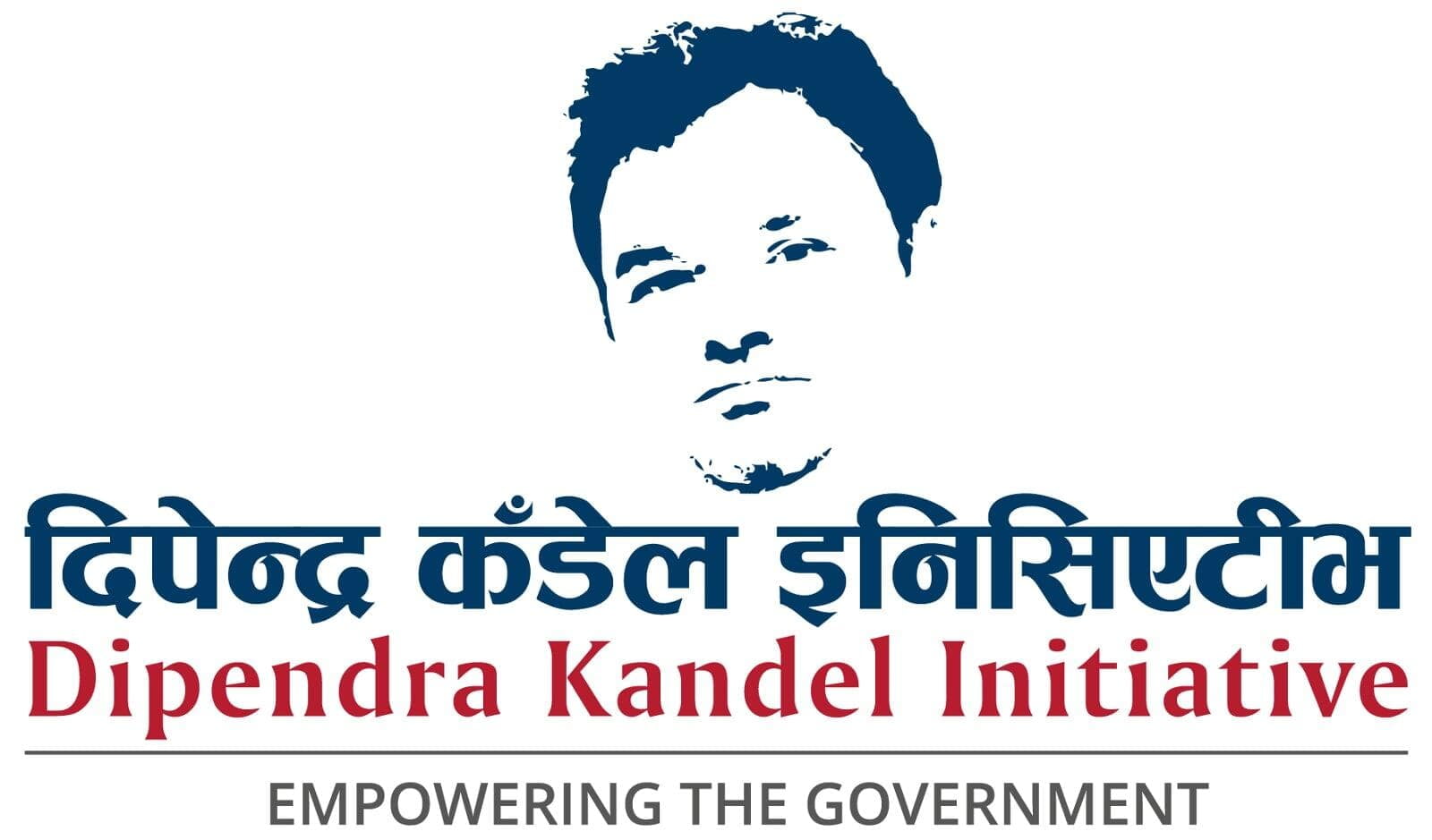Public / Governmental Events
Dipendra Kandel's initiative involves acting as a liaison between event organizers and government leaders/employees on a global scale. By collaborating with event organizers, the initiative gathers information about various events. This information is then relayed to leaders and government employees, possibly through a platform or network that allows them to participate and engage.
Creating a centralized platform or system for disseminating event information to leaders and government officials can be incredibly valuable. It facilitates their participation in events that are relevant to their fields, enabling them to stay updated on industry trends, exchange ideas, and network with peers globally. This kind of initiative could enhance collaboration, knowledge-sharing, and potentially lead to more informed decision-making within the government.
At our initiative, we specialize in fostering global connections between public policy event organizers and influential leaders as well as government representatives worldwide. We serve as the essential link that streamlines information flow, ensuring that critical public policy events reach the desks of those who shape policies and decisions on a global scale.
Public policy and government leader summits and events are crucial forums for discussing and shaping policies, addressing global challenges, and fostering collaboration among leaders. Here are some types of summits and events in this realm:
G7/G8/G20 Summits:
Meetings of world leaders from major economies to discuss and coordinate on global economic governance, trade, security, and other critical issues.
United Nations General Assembly (UNGA):
Annual gathering of world leaders at the UN headquarters to discuss and address pressing global issues, from climate change to conflicts and development goals.
Regional Economic Forums:
Events like the Asia-Pacific Economic Cooperation (APEC) or the African Union Summit, bringing together leaders from specific regions to discuss economic cooperation, trade, and regional challenges.
Climate Change Conferences (e.g., COP26):
Summits focusing on environmental policies, where leaders come together to negotiate and set targets to mitigate climate change and address environmental concerns.
International Economic Forums (e.g., World Economic Forum):
Events that convene global leaders from governments, businesses, academia, and civil society to discuss economic challenges, innovation, and global development.
Security and Defense Summits:
Meetings among defense and security officials to address global security threats, counterterrorism strategies, and peacekeeping efforts.
Technology and Innovation Summits:
Events centered around discussions on emerging technologies, digital policies, and innovation in governance and industries.
Health and Pandemic Response Summits:
Gatherings focused on global health policies, pandemics, vaccination strategies, and healthcare infrastructure development.
Human Rights and Social Policy Forums:
Conferences addressing human rights issues, social justice, equality, and policies to promote inclusivity and social welfare.
Trade and Commerce Summits:
Events where leaders discuss trade agreements, tariffs, economic alliances, and strategies for fostering international trade relations.
These summits and events provide platforms for leaders to engage in discussions, negotiate policies, forge partnerships, and find solutions to global challenges, ultimately shaping the course of international relations and policymaking.
Public policy events and government summits typically address a multitude of Sustainable Development Goals (SDGs), acknowledging their interconnected nature and the need for holistic approaches to global challenges.
Here's a more detailed breakdown of how these events contribute to various SDGs:

SDG 1: No Poverty:
These events focus on economic policies, social welfare programs, and poverty alleviation strategies. Discussions often revolve around inclusive economic growth, social safety nets, and equitable distribution of resources to lift people out of poverty.

SDG 2: Zero Hunger:
Government summits address food security, agricultural policies, and nutrition programs. Efforts concentrate on ensuring access to nutritious food for all, promoting sustainable agriculture, and reducing food waste.

SDG 3:Good Health and Well-being:
Health policies, healthcare access, disease prevention, and public health infrastructure are central topics. Discussions aim to improve healthcare systems, ensure universal health coverage, and address health inequalities.

SDG 4: Quality Education:
These events prioritize policies for improving education systems, ensuring inclusive and equitable education, promoting lifelong learning opportunities, and enhancing educational infrastructure and resources.

SDG 5: Gender Equality:
Discussions focus on empowering women, ending gender-based discrimination, promoting women's participation in decision-making, and ensuring equal access to opportunities and resources for all genders.

SDG 7: Affordable and Clean Energy:
Efforts concentrate on renewable energy policies, enhancing energy efficiency, expanding access to clean energy sources, and transitioning to sustainable energy systems.

SDG 8: Decent Work and Economic Growth:
Summits address job creation, fair wages, labor rights, economic diversification, and sustainable economic development to ensure decent work for all.

SDG 9: Industry, Innovation, and Infrastructure:
Policy discussions emphasize innovation, infrastructure development, technological advancements, and fostering resilient and sustainable industrialization.

SDG 10: Reduced Inequality:
These events focus on reducing inequalities within and among countries by addressing income disparities, social exclusion, discriminatory practices, and promoting social inclusion.

SDG 11: Sustainable Cities and Communities:
Policies target sustainable urban development, resilient infrastructure, affordable housing, and efficient transport systems to create inclusive, safe, and sustainable cities.

SDG 12: Responsible Consumption and Production:
Discussions concentrate on promoting sustainable consumption and production patterns, reducing waste generation, and encouraging resource efficiency and recycling.

SDG 13: Climate Action:
Government summits and policy events aim to mitigate climate change, adapt to its impacts, promote renewable energy, and preserve ecosystems and biodiversity.

SDG 16: Peace, Justice, and Strong Institutions:
Efforts focus on promoting peaceful and inclusive societies, ensuring access to justice, building effective and accountable institutions, and upholding human rights and the rule of law.

SDG 17: Partnerships for the Goals:
These events underscore the importance of global collaboration, public-private partnerships, and international cooperation to achieve the SDGs, emphasizing the interconnectedness and shared responsibility among nations.
